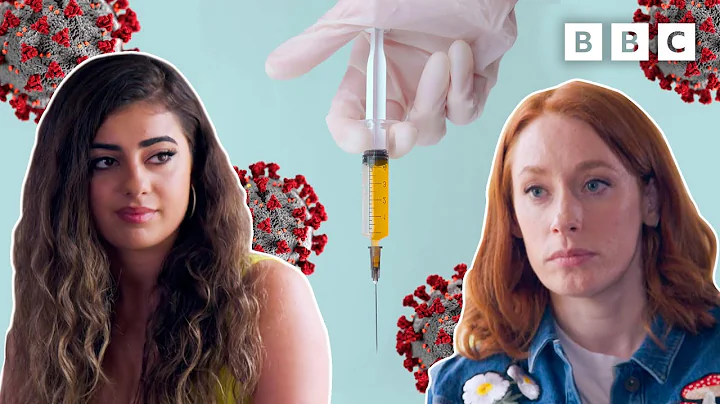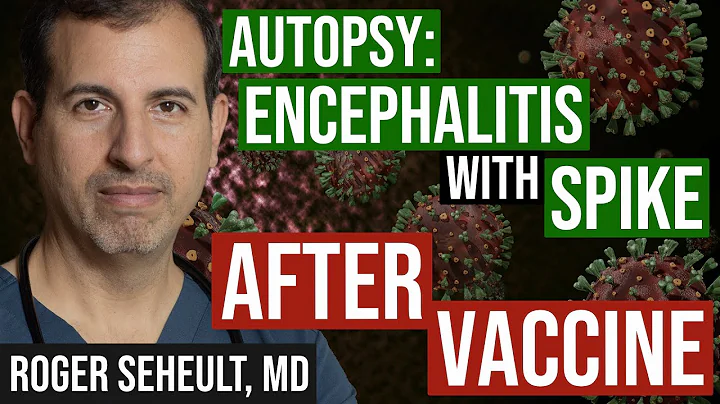

Vaccine is the baby's protective umbrella
It is the first line of defense for the baby's immunity
So vaccination is a must for babies
But everything has two sides
There will also be some side effects after vaccination
But parents don't have to worry
When discovering the side effects of vaccination, be aware of them or consult a doctor promptly. Got the same disease again. Vaccination is based on this principle. Various pathogenic microorganisms are reduced in toxicity through artificial methods, made into vaccines, and injected into the human body, causing people to suffer from a "mild illness."
Compared with naturally contracting the disease, the amount of antibodies produced by vaccination is smaller and lasts shorter.
Therefore, it is necessary to get another vaccination within a certain period of time to strengthen the preventive effect and keep the antibodies at a certain level to prevent disease.

vaccination reaction
how to view
For the vast majority of people, vaccination is safe.
However, vaccines are a foreign body after all. Due to individual differences, some children may experience redness, swelling, pain, induration, etc. at the vaccination site, or symptoms such as fever, general discomfort, fatigue, loss of appetite, and fatigue. These are common symptoms after vaccination. The reaction is mild and usually recovers on its own within 1-2 days. Seek medical attention if necessary.
A very small number of children may develop rare abnormal reactions after vaccination, such as sterile abscesses, allergic reactions, etc. The condition is relatively serious and requires timely treatment.
In addition, if a child is in the early stage of a certain disease when he is vaccinated, or has some underlying disease, and happens to get sick after being vaccinated, it is called " coincidence ". It has nothing to do with the vaccine itself and can easily be related to the disease. Confusion about adverse reactions to vaccination.
In order to reduce the occurrence of adverse reactions, parents of children should understand the types, functions, contraindications, adverse reactions and precautions of vaccination before vaccination; cooperate with the vaccinators to provide the children's health status and understand the children's vaccination contraindications; after vaccination, Children should stay in the vaccination clinic for 30 minutes, and any suspicious reactions can be dealt with promptly.
How to deal with common vaccination reactions?
fever: After vaccination, because the vaccine is an exogenous protein, it is a common general reaction to cause fever in a few babies. It usually appears within 24 hours after vaccination and naturally subsides within 24 to 48 hours. If it is just a simple fever, cool down physically below 38.5 degrees, and take antipyretics without aspirin for symptomatic treatment if the temperature is above 38.5 degrees; if the child has a history of febrile convulsions, take antipyretics and monitor the body temperature closely if the temperature is above 38.5 degrees. Send to hospital promptly.
Redness, swelling and induration: Because the adjuvant component in some vaccines is not easily absorbed, it will cause redness, swelling and induration at the vaccination site in a small number of recipients. Mild cases can be absorbed by themselves without treatment.
Treatment method for large redness, swelling and induration: Apply cold compress within 24 hours after vaccination to constrict blood vessels and reduce redness, swelling and induration; apply hot compress 24 hours after vaccination to dilate blood vessels and promote the dissipation of redness, swelling and induration. Three times a day, fifteen minutes each time. Be careful not to let your baby scratch the vaccination site to avoid infection.

The “scarring” reaction of BCG is normal!
After intradermal inoculation of the BCG vaccine, most recipients will develop redness and swelling at the inoculated area around 2-6 weeks later, which will later become suppurative or ulcerated, and will scab and form scars in 3-5 weeks. This is a normal reaction after being vaccinated with the BCG vaccine.
A small number of recipients will have delayed reactions or prolonged reaction times. Note: Do not apply heat to the red, swollen and indurated BCG vaccine. Please try not to swim before the scab comes off.
Do not apply medicine or bandage when ulcers occur. Keep the area clean and wear loose clothes. If there is pus flowing out, wipe it with a sterile cotton swab without squeezing it. After the scab has formed, be sure not to remove it in advance and wait for it to fall off naturally.However, not everyone who is vaccinated with the BCG vaccine will have the above reaction, and the above reaction has nothing to do with the vaccination effect. Those who do not respond do not need to be revaccinated with the BCG vaccine. At present, the country has stipulated that even if the scar does not occur, the BCG vaccine will no longer be re-vaccinated.
Picture: Baidu Picture; Text: Sina Parenting
Our government attaches great importance to abnormal reaction to vaccination . The "Regulations on the Administration of Vaccine Circulation and Vaccination" revised by the State Council on April 13, 2016, emphasizes the establishment of a complete compensation insurance mechanism for abnormal vaccination reactions. The Jiangsu Provincial Health and Family Planning Commission and the Department of Finance jointly issued the "Notice on Reforming and Improving the Compensation Mechanism for Abnormal Vaccination Reactions" (Suwei Disease Control [2016] No. 2). Starting from January 2016, No. The compensation mechanism for abnormal reactions to the first-class vaccine vaccination has been changed from "financial compensation" to "insurance compensation". In Jiangsu, the government has purchased basic insurance for Category 1 vaccines for every school-age child vaccinated at standardized vaccination clinics in the province, and encourages parents to purchase supplementary insurance for Category 1 vaccines for recipients to obtain a higher level of insurance. Compensation to protect against unexpected risks during vaccination, and additional compensation assistance will be provided to those who voluntarily purchase supplementary insurance.
According to the insurance contract, if the recipient has an abnormal reaction after being vaccinated, in addition to the basic compensation from the first-class vaccine basic insurance purchased by the government, he can also receive high compensation from the first-class vaccine supplementary insurance purchased by the parents.
Vaccinations
and
Insurance Compensation






















